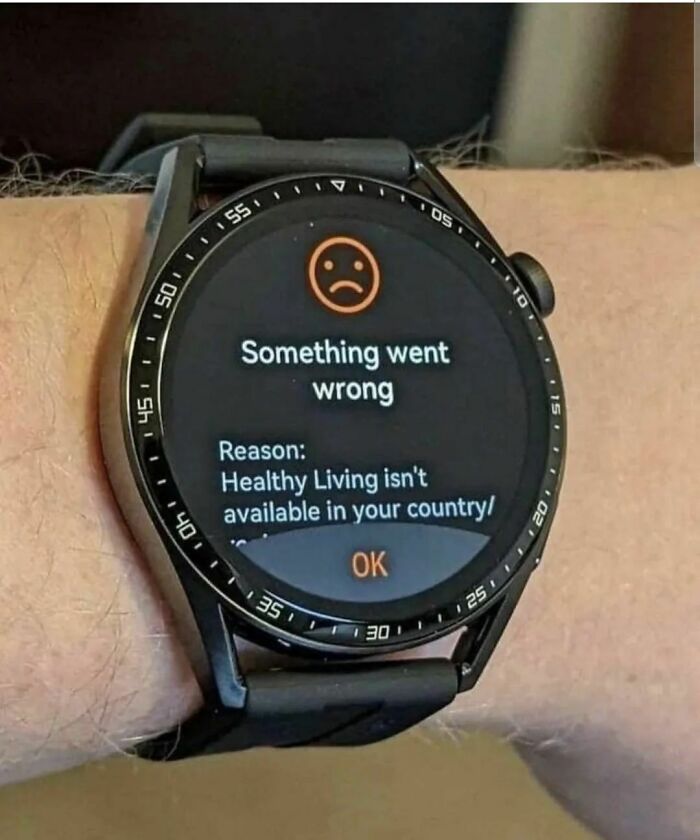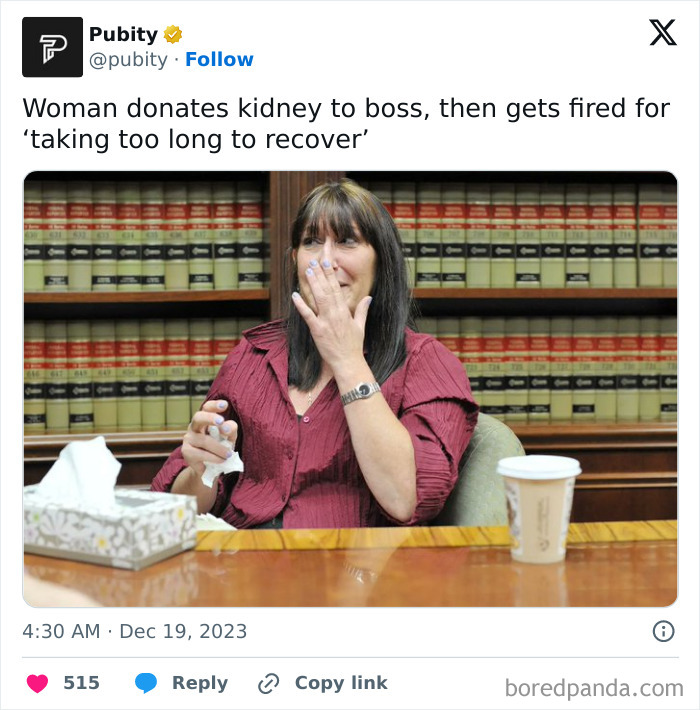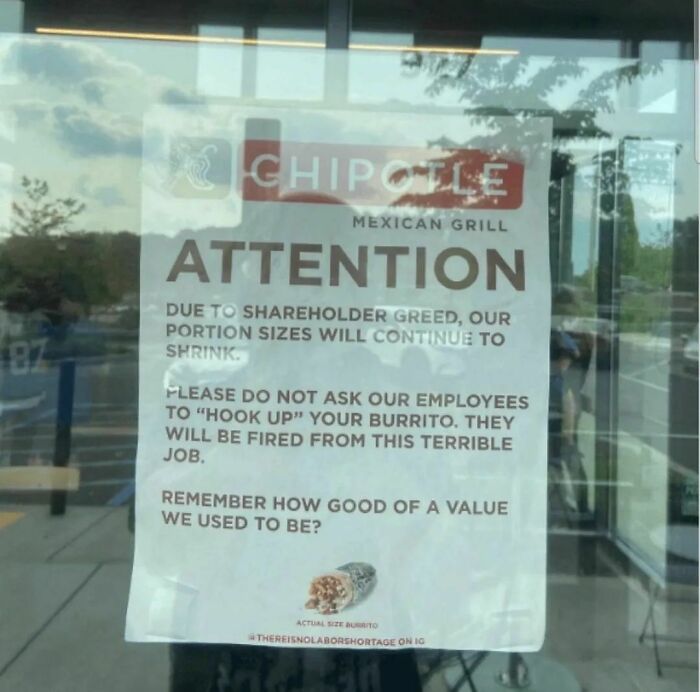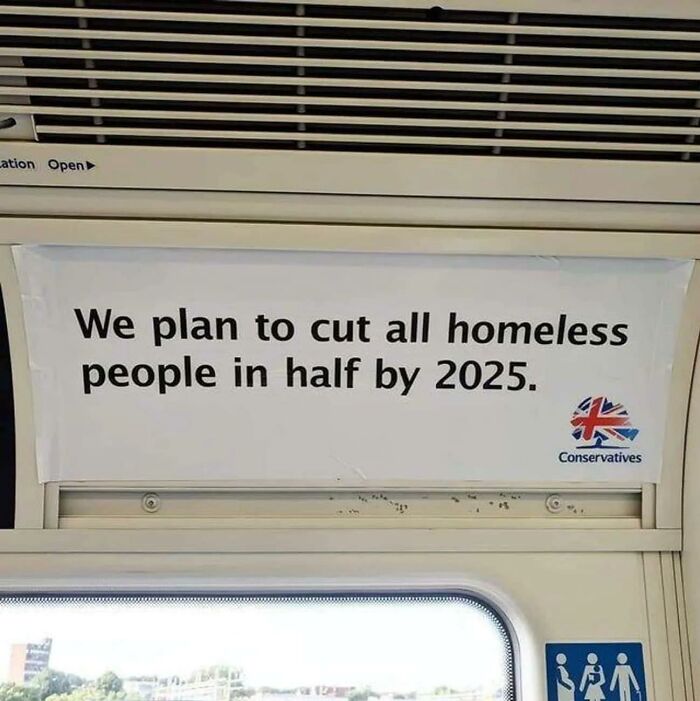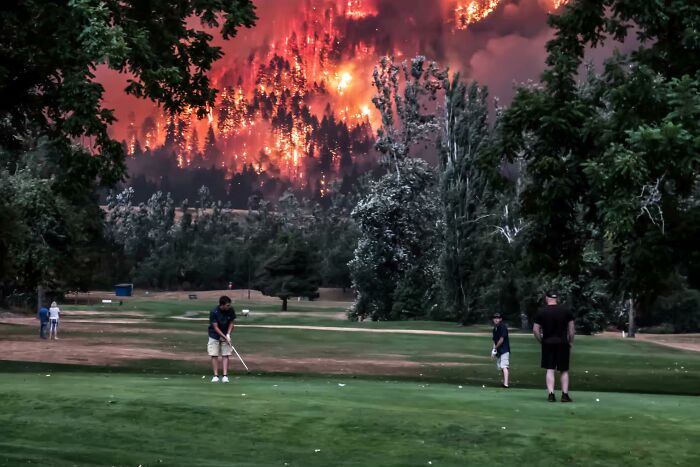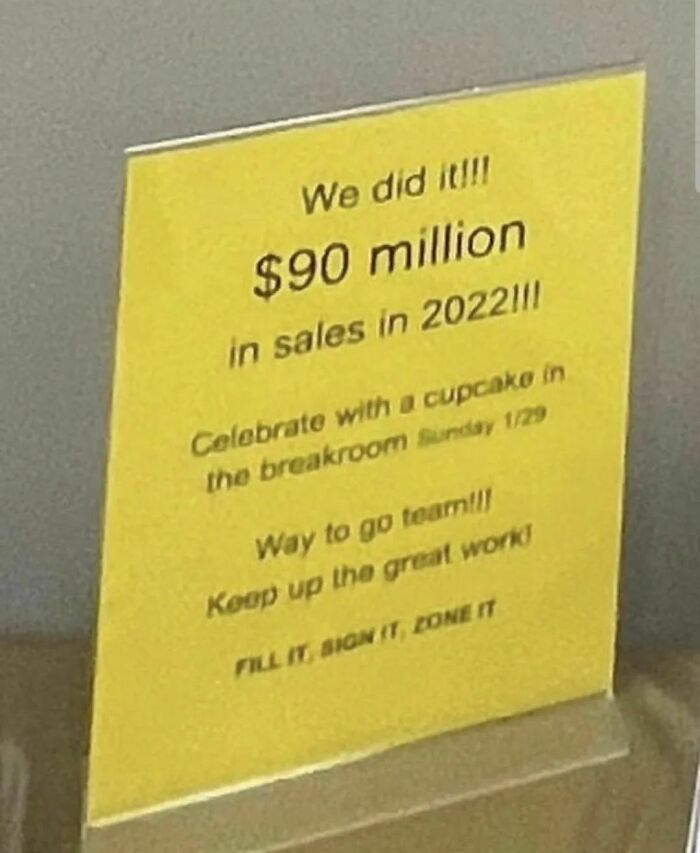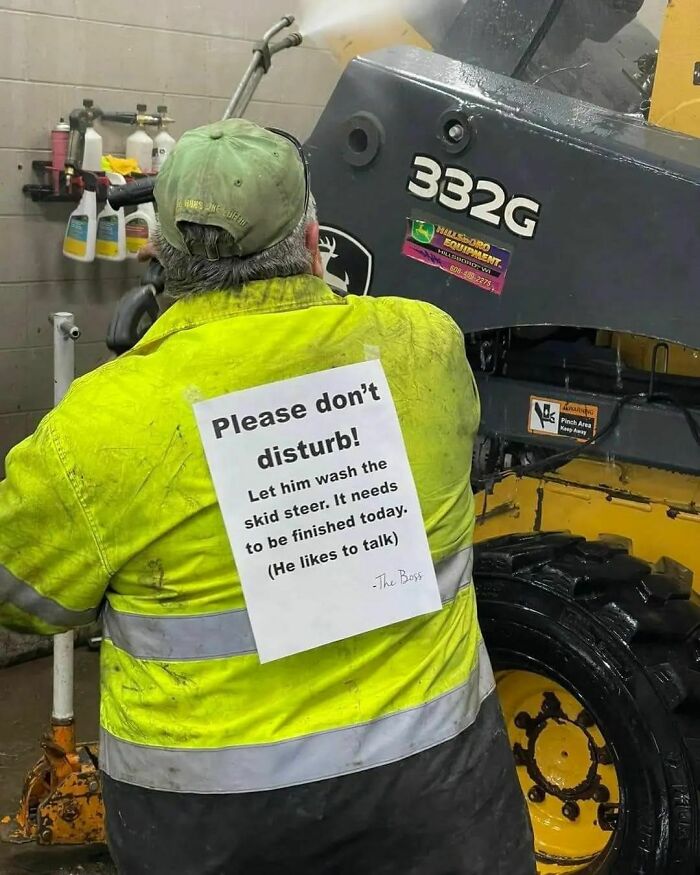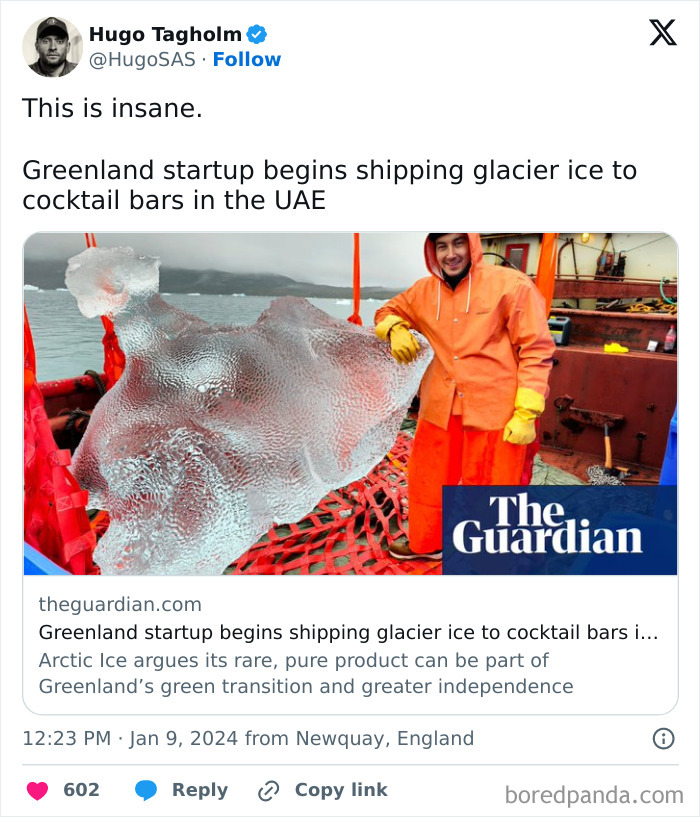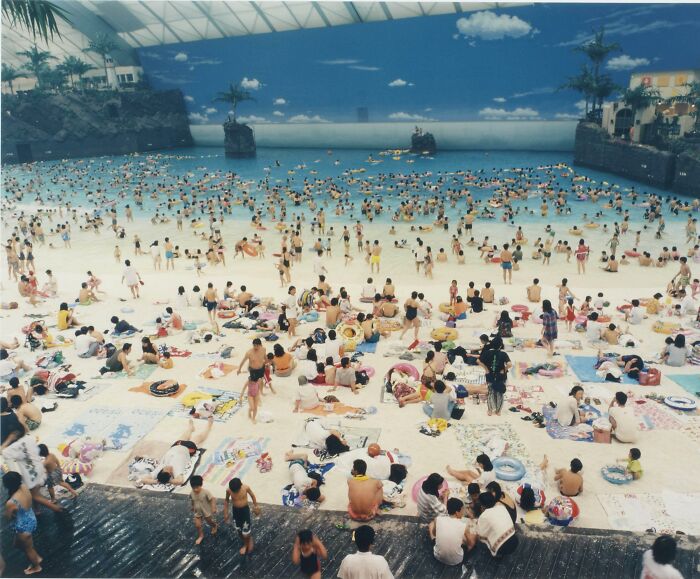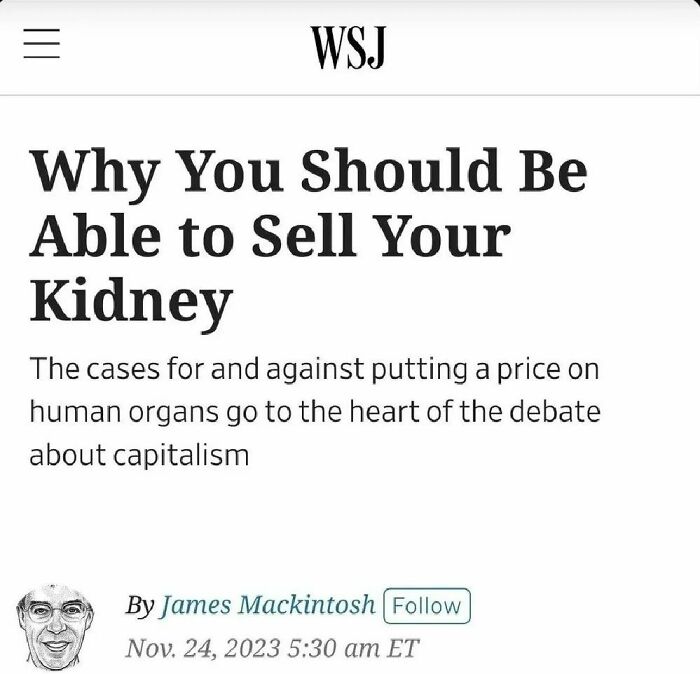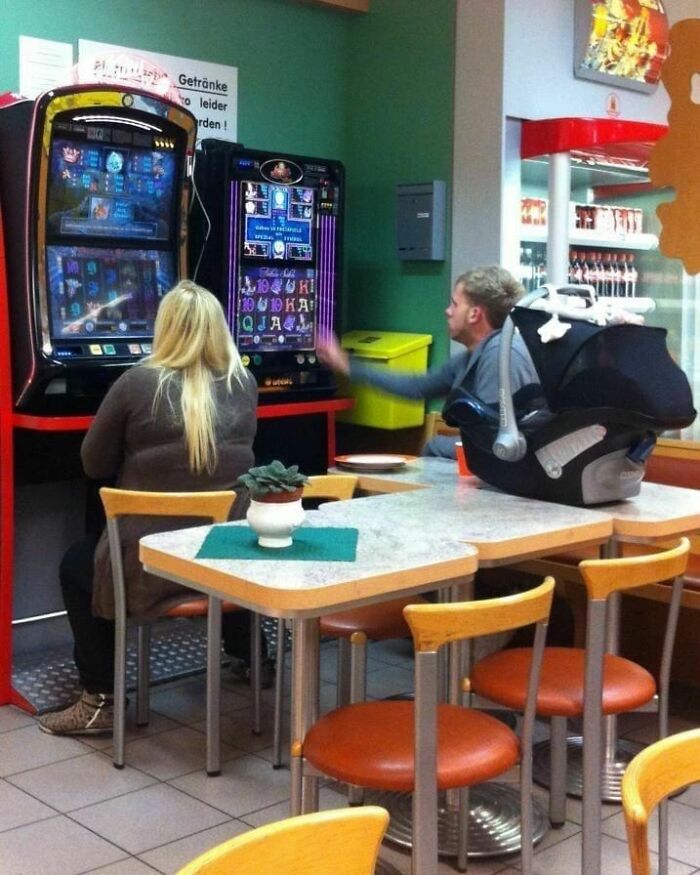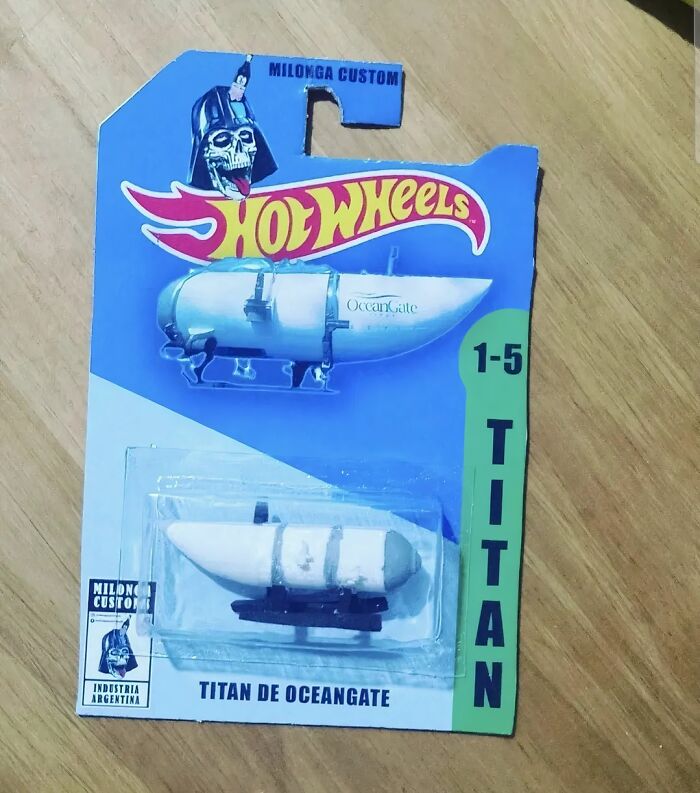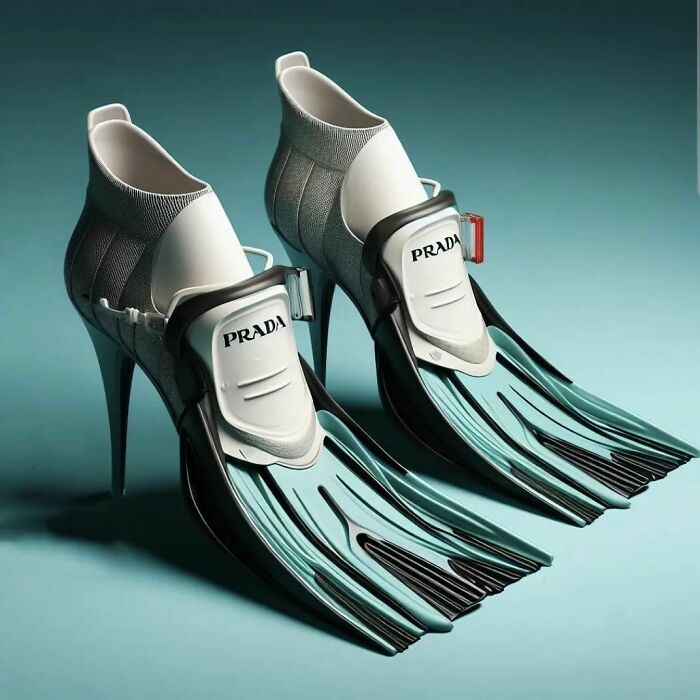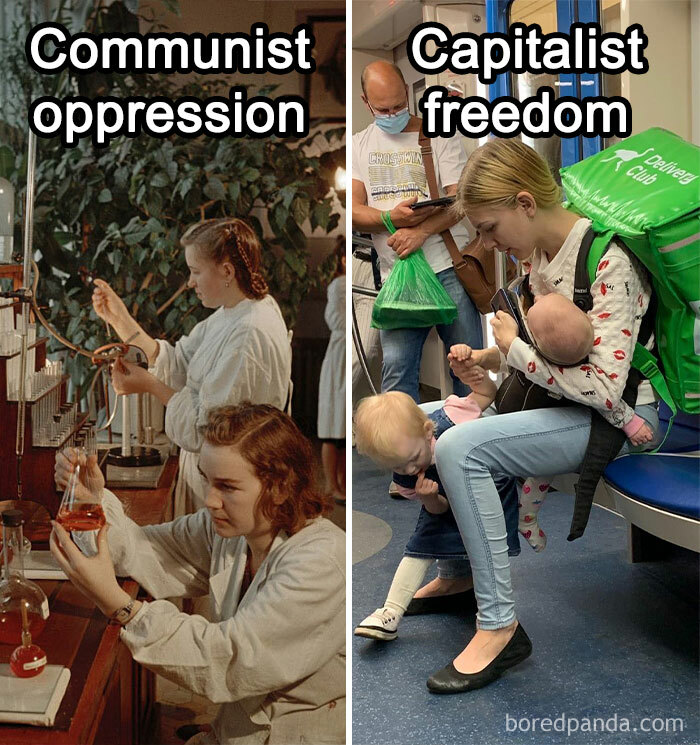
35 ‘Humans Of Capitalism’ Pics That Might Make You Laugh And Cry At The Same Time (New Pics)
When modern capitalism started, it was full of promises of a better, brighter future. But as we pass its 300th anniversary, it becomes clear that innovation and improvement don't come without consequences. The consumerism that capitalism kicked off now poses a huge threat to our environment and the technological advancements are dwindling our self-awareness, declining our cognitive abilities, and riddling us with anxiety and depression.
Sadly, these are just a few things that make up the capitalist dystopia we currently live in. The Instagram account ‘Humans of Capitalism’ we’re featuring today is full of examples that further illustrate the eerie consequences of corporate power we encounter daily. Scroll down to find them, and be sure to let us know your thoughts below.
This post may include affiliate links.
To make more sense of how we got here, let’s take a little trip back in time to see how capitalism came to be. Its origins can be traced to the 16th century, when Britain’s main source of wealth and power was broken up after the plague Black Death killed more than half of Europe’s population.
A new class of merchants came to replace them and began trading with other countries. The newfound opportunity for export and import started changing the local economy and determined the prices of goods.
Wow. She's had her eyes on her phone for so long she forgot what the natural world looks like.
With the crumbling of feudalism, the system that kept poor people dependent on their master’s land for a place to live and protection left them with no homes or work. Over time, this pushed them to flee the countryside and reside in urban centers where there were more opportunities to sell their labor. Already, a competitive work environment formed where the new business owners or capitalists dictated their terms.
I'm glad I'm not the only one who notices how greedy and out of touch shareholders are. They should have 0 input into management decisions.
The 18th century comes and England has been transformed into an industrial nation. The manufacturing and production of goods that flourished in smoky factories during the Industrial Revolution marks the start of modern capitalism. In 1776, economist Adam Smith published his work An Inquiry into the Nature and Causes of the Wealth of Nations, which provided the basis for this economic system. Even though not all of his ideas are used today, he is still often called “the father of capitalism.”
Capitalists are typically people who have acquired a lot of money and invested it in business. Since capitalism is dictated by the free market, an economic system in which prices and production are controlled by corporations that are competing against each other, the wealthy are getting wealthier by receiving profits from their businesses.
This is why capitalism is often badly looked down upon, as the people with a lot of money become greedy and refuse to share the money with their workers. Subsequently, this drives social and economic inequality.
Of course, for those who own businesses, capitalism may make sense: greed motivates innovation and new products for those who can afford to buy them. Supporters of capitalism believe that economic freedom equals political freedom and that this economic system is the only way to organize our society.
As former British prime minister Margaret Thatcher once stated, “There is no alternative.” Those with pro-capitalist views even say that the negative consequences of this system, like pollution of the environment and shrinking of natural resources, will only make them more valuable and people will be willing to pay more for them.
I wear a sign like this at work sometimes. It rude not to respond to folks when they talk to you, but yeah, I can easily chat the day away and then I don't get my actual work done, Which then causes me stress.
There are many more beliefs and opinions that constitute this way of thinking, which can essentially doom our society and planet. Already, it has successfully widened the gap between the wealthy and the poor, with millions of people living below the poverty line. Capitalism has created a nightmare labor market, while its byproduct overconsumption is posing the threat of a climate crisis.
Many people are waiting for the capitalist era to come to a close. However, what that may look like isn’t exactly clear. Most likely, it will still be centered around selling and buying, but we can only hope that the process will become more conscious, ethical, and sustainable.
In the meantime, what we can do to oppose this economic system, or rather, an ideology, and start slowly chipping away at it is to scale down on consumption and shift to buying from small, local businesses. This reduces the waste that is plaguing our planet and gets rid of long-distance supply chains that pollute the environment.
Imagine drivers sleep driving while being paid to crash into people's homes because there's a house in the way of their route in their lucid dream.
What's so good about having almost the same photo as thousands of other people? Put the phone down and just enjoy the experience.
Las vegas beggar. Costume people who extort cash from tourists who take a photo..
Staying healthy by eating good food and exercising avoids our contribution to the overproduction of medicine and drugs. Educating ourselves on the matter and speaking up about what we believe in allows others to get inspired and help to achieve the change we want to see in the world.
and thus starts the story of how something that should have been left alone was unleashed
For some people, this may be the only way they can go, or afford to go "to the beach".
TIL that "...'Lorem Ipsum blah-blah-blah' is a well-known placeholder text commonly referred to as 'Lorem Ipsum.' It is derived from a work by Cicero, a Roman statesman and philosopher, and is used in the design and typesetting industries to demonstrate the visual form of a document without relying on meaningful content." So basically it's the "Text goes here" thing. BP is educational.
Very interesting debate actually. The US outlaws selling kidneys, and there is a huge shortage. Not so in most other countries, with respect to both. A few years back an economist built a match software which allowed trades, as in I’m not a match for my sister, but I will be willing to give my kidney to someone else, if someone else can secure a kidney for her.” It has been wildly successful, include 3-way trades.
I didn't want to celebrate my divorce (I don't hate my ex-husband, we just weren't a good fit anymore). Nor did I feel particularly sad about it (I'd grieved the end of my marriage long before it actually ended). Mostly, I just felt relief when it was done.
Geebus. I thought she wasn't wearing any pants for a moment and she had some tan lines.
Chris Rankin, a 21-year-old from Glen Waverley, Melbourne. Was travelling along the Monash Freeway when near the Malvern Rd exit a car wheel bounced off a vehicle and hit the car on the windscreen. He asked a cop to snap a commemorative photo while they were doing the survey of the crash scene. Nothing to do with "capitalism"
This is overkill, but about 15 years ago i did have a monitor arm mounted directly over my bed when i was recovering from a back injury, and it was awesome.
The promise of communism “you’d spend your time on your talents of art and music, while the guy who is talented at farming will feed you!” The reality of communism, “the state has decide your talent is working 72 hr weeks in coal mines on Svalbard… report to the shipyard in 6 hrs.”
You do realize pure communism was never allowed to be? Centralized communism like what the USSR used is not a form of government that supports and is run by the working class. China's communism is similar with oligarchies in charge instead of the state. The world has never seen pure communism because corrupt men wont let it happen.
Load More Replies...Just because capitalism sucks doesn't mean communism is the way to go 🙄 FFS, communism is not even a lesser evil.
People who keep trying to sell communism as some sort of utopia, or even an improvement over capitalism, are just plain stupid. They can't even claim ignorance, because they're told loudly and often how and why they're wrong. But lets give another reason. Everyone likes to talk about the idea of everyone being "equal" under communism....but here's the thing, if you didn't, or couldn't work YOU DIDN'T GET $HIT. Disabled or mentally ill? You can live on the street and starve up until the point you're arrested and thrown into a labor camp, at which point you're just free slave labor. JFC posting actual communist propaganda imagery without a hint of irony.
Yeah...you can be thrown in jail for being homeless in the wrong places in capitalist societies as well. Many people lose their social safety nets because of myriad reasons in capitalistic societies. Don't pretend that capitalism doesn't have faults as well
Load More Replies...Two sides of the same coin. Both systems are equally oppressive to the disadvantaged, in their own way. Also there never was, nor ever will be such a thing as a "true communist country/government". And finally, for the record Socialism and Communism are two completely different forms of philosophies and governments, are not necessarily interchangeable.
Completely different, right? Socialism is USSR and East Germany and Venezuela… while communism is China and Pol Pot? Remind me the differences beyond degrees? All boils down to central management of the economy (and thus people) by a relatively small number of bureaucrats who know what is best for you (can’t possibly trust individuals to act in the best interest of themselves and their families).
Load More Replies...I'm unsure what's supposed to be bad and what's supposed to be good. Or if both are bad or good. Just going by the 2 pictures.
Hint: A mother with two small children being forced to carry deliveries like a pack animal in order to survive is not "good".
Load More Replies...If the left panel had the caption "Socialist Oppression" it would work. But Communism doesn't work. Period. Those who say "Pure Communism has never been tried" are full of it.
They're correct, it hasn't. Not on a national scale anyway. It has been tried many times at lower levels of government called communes. Their never worked more than a few decades because they're made up of people.
Load More Replies...Why is that here? You would rather have an ugly, undisguised phone tower in nature?
Whoever assembled this ridiculous page doesn’t actually understand what capitalism is.
Yeah it's Bored Panda: The writer thinks capitalism means something with a capital letter..... .
Load More Replies...Yeah, not a very good assembly of cohesive entries. Some fit the title, some not at all, and the poll at the end which I guess was supposed to be a summary of the overarching theme, kind of threw me. I hadn't thought this was supposed to be a specifically "anti-capitalism" thread. Thought it was more about some people fringe take, not an indictment on the entire system. If it was supposed to be that, an indictment, it failed. Some were funny/absurd. It's still the best system we have for large scale government, though I do fall more on Democratic Socialist side.
About capitalism, I am uncertain. I am certain about socialism, in whom i live most of my life. It is full of shortage inclusive freedom.
What brainwashed rubbish. In an unregulated free market humanity means nothing, people mean nothing. Capitalism will let people starve, freeze, die of cancer, and does, ALL THE TIME! Good regulation is the ONLY thing that stops the "free market" from killing almost all of us and leaving a few super rich to wonder why their champagne isn't chilled.
Load More Replies...Whoever assembled this ridiculous page doesn’t actually understand what capitalism is.
Yeah it's Bored Panda: The writer thinks capitalism means something with a capital letter..... .
Load More Replies...Yeah, not a very good assembly of cohesive entries. Some fit the title, some not at all, and the poll at the end which I guess was supposed to be a summary of the overarching theme, kind of threw me. I hadn't thought this was supposed to be a specifically "anti-capitalism" thread. Thought it was more about some people fringe take, not an indictment on the entire system. If it was supposed to be that, an indictment, it failed. Some were funny/absurd. It's still the best system we have for large scale government, though I do fall more on Democratic Socialist side.
About capitalism, I am uncertain. I am certain about socialism, in whom i live most of my life. It is full of shortage inclusive freedom.
What brainwashed rubbish. In an unregulated free market humanity means nothing, people mean nothing. Capitalism will let people starve, freeze, die of cancer, and does, ALL THE TIME! Good regulation is the ONLY thing that stops the "free market" from killing almost all of us and leaving a few super rich to wonder why their champagne isn't chilled.
Load More Replies...
 Dark Mode
Dark Mode 

 No fees, cancel anytime
No fees, cancel anytime 









